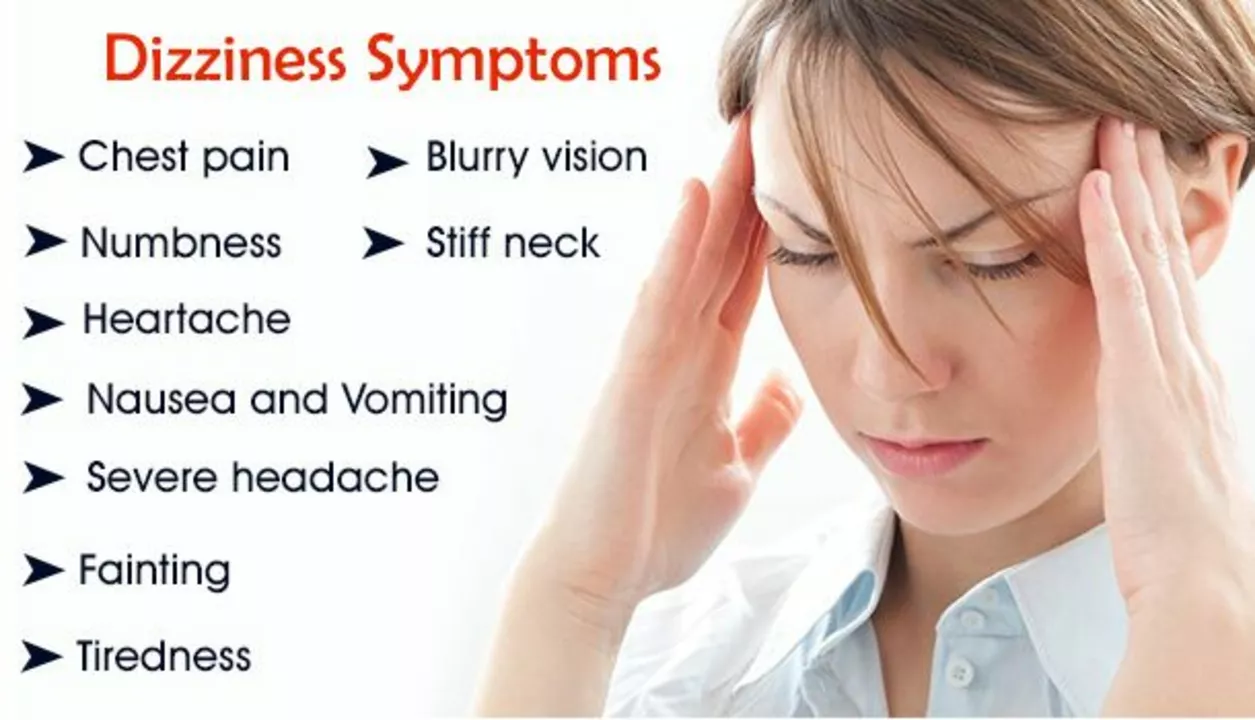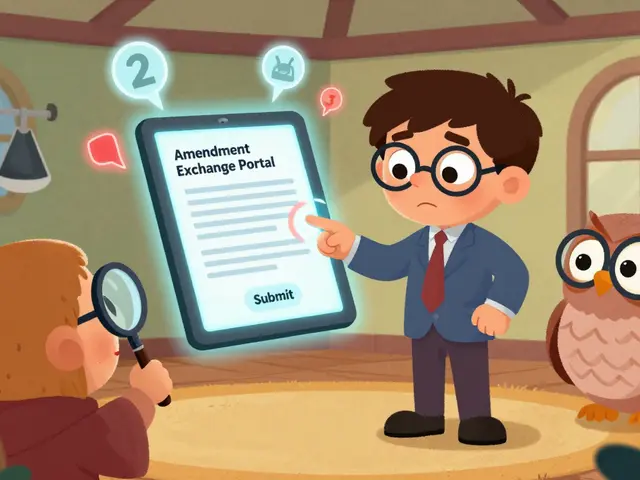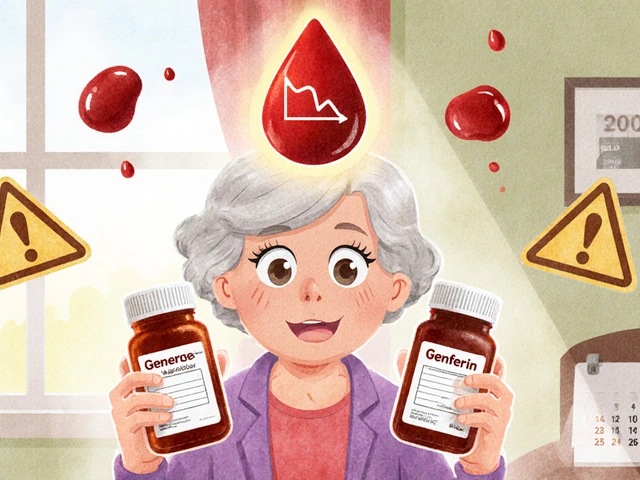Understanding the Link between Chronic Pain and Depression
As someone who has experienced chronic pain, I understand just how debilitating it can be. Chronic pain can negatively impact every aspect of your life, from your physical health to your mental well-being. Over time, I realized that my chronic pain was also affecting my mood, and I started to experience symptoms of depression. In this article, I want to explore the connection between chronic pain and depression, and discuss ways to manage both conditions.
The Vicious Cycle of Pain and Depression
Chronic pain and depression often go hand in hand, creating a vicious cycle that can be difficult to break. When you're in constant pain, it's hard to find enjoyment in the things you once loved, which can lead to feelings of sadness, hopelessness, and even anger. These negative emotions can make your pain feel even worse, further contributing to your depression. It's important to recognize this cycle and take steps to address both your chronic pain and your mental health.
How Chronic Pain Can Lead to Depression
There are several ways that chronic pain can contribute to the development of depression. First, living with constant pain can be incredibly isolating. You may find it difficult to engage in social activities or maintain relationships, leading to feelings of loneliness and disconnection. Additionally, chronic pain can disrupt your sleep, making it difficult to get the restorative rest your body and mind need. Over time, this lack of sleep can contribute to the development of depression. Finally, chronic pain can also limit your ability to work or engage in hobbies, which can lead to a sense of helplessness and despair.
Recognizing the Signs of Depression
If you're living with chronic pain, it's important to be aware of the signs and symptoms of depression. These can include persistent feelings of sadness, hopelessness, or worthlessness; a loss of interest in activities you once enjoyed; changes in appetite or weight; difficulty sleeping or sleeping too much; fatigue; difficulty concentrating; and thoughts of death or suicide. If you recognize any of these symptoms in yourself, it's important to seek help from a mental health professional.
Treating Depression and Chronic Pain
When it comes to treating both chronic pain and depression, a comprehensive approach is often the most effective. This may include a combination of medication, therapy, and lifestyle changes. For example, you might work with your doctor to find the right pain medication or antidepressant to help manage your symptoms. Additionally, cognitive-behavioral therapy or other forms of counseling can help you develop coping strategies for dealing with your pain and improving your mood. Finally, incorporating regular exercise, a healthy diet, and relaxation techniques into your daily routine can also make a big difference in your overall well-being.
Building a Support Network
One of the most important aspects of managing both chronic pain and depression is having a strong support network. This can include friends, family, and healthcare professionals who understand what you're going through and can offer encouragement, advice, and a listening ear. You might also consider joining a support group, either in person or online, where you can connect with others who are facing similar challenges.
Staying Positive and Focused on Your Goals
Finally, it's important to remember that managing chronic pain and depression is a journey, and it's crucial to stay positive and focused on your goals. Celebrate small victories, like a day when your pain is more manageable or a moment when you're able to enjoy a favorite activity. Remember that setbacks are a normal part of the process, and don't be too hard on yourself if you're struggling. With time, patience, and the right support, you can find relief from both your chronic pain and your depression.




8 Comments
Paul Hill II
I totally get how the pain can drag you down emotionally; it's a real marathon of endurance. It helps to remember that small, consistent steps-like gentle stretching or a brief meditation-can accumulate into noticeable mood lifts. Keep tracking your triggers and celebrate the tiny wins; they add up over time.
Stephanie Colony
Honestly, the narrative that pain alone dictates depression feels overly simplistic-there’s a cultural dimension to how we internalize suffering that’s often ignored.
Abigail Lynch
Everyone’s conspiracy is that the pharma industry profits from keeping us in perpetual misery.
David McClone
Oh sure, blame the industry while you’re scrolling through endless self‑help memes-real helpful.
Maybe try a real plan instead of pointing fingers.
Jessica Romero
When tackling the intertwined challenges of chronic pain and depressive symptomatology, a multimodal therapeutic regimen often yields the most sustainable outcomes.
From a biopsychosocial perspective, nociceptive signaling, affective dysregulation, and maladaptive cognition coalesce into a feedback loop that reinforces both somatic and emotional distress.
Pharmacologic interventions, such as serotonin-norepinephrine reuptake inhibitors, can attenuate central sensitization while concurrently uplifting mood parameters.
However, monotherapy rarely addresses the full spectrum of functional impairment, necessitating adjunctive modalities.
Cognitive-behavioral therapy, with its emphasis on pain reappraisal and behavioral activation, directly targets the cognitive distortions that exacerbate depressive affect.
In parallel, graded exercise programs have been shown to improve endogenous opioid release, thereby reducing pain perception and fostering a sense of bodily agency.
Nutritional optimization, particularly the inclusion of omega-3 fatty acids and vitamin D, may exert anti-inflammatory effects that indirectly modulate mood states.
Sleep hygiene interventions, such as stimulus control and circadian rhythm stabilization, are critical because sleep fragmentation amplifies both pain intensity and affective volatility.
Social support structures, whether through peer-led groups or family involvement, serve as protective buffers against isolation, a known precipitant of depressive episodes.
Technological adjuncts, including telehealth platforms and mobile applications for pain tracking, empower patients with real-time feedback and self‑management tools.
Importantly, clinicians should adopt a patient‑centered communication style, eliciting individual goals and tailoring interventions accordingly.
Interdisciplinary collaboration among physicians, psychologists, physical therapists, and nutritionists facilitates comprehensive care coordination.
Regular outcome assessments using validated scales, such as the Brief Pain Inventory and PHQ‑9, enable dynamic treatment adjustments.
Barriers to adherence, like medication side effects or financial constraints, must be proactively addressed through shared decision‑making.
Ultimately, fostering resilience through skill‑building and reinforcing incremental successes can break the vicious cycle described in the original post.
Michele Radford
The previous comment reads like a corporate brochure; real patients need tangible, low‑cost interventions, not a laundry list of buzzwords.
Also, claiming "interdisciplinary collaboration" is a magic bullet ignores systemic barriers that make such coordination impossible for most.
Naomi Ho
Try keeping a simple pain diary and note any mood changes it can help you see patterns and talk to your doctor about adjustments.
Christine Watson
Stay hopeful-every little improvement is a step toward reclaiming your life, and you’ve already shown tremendous courage by confronting both pain and mood challenges.